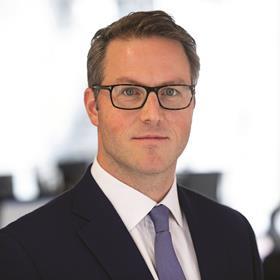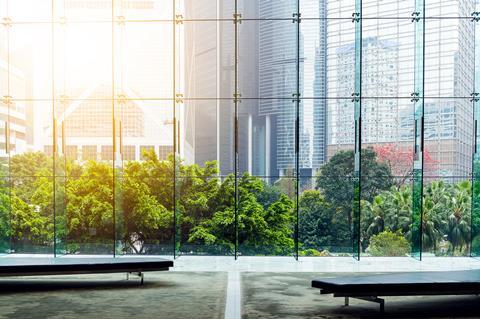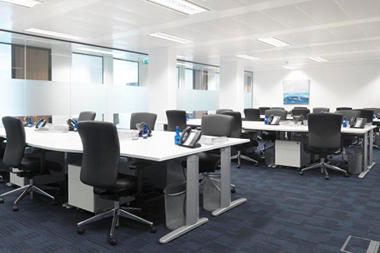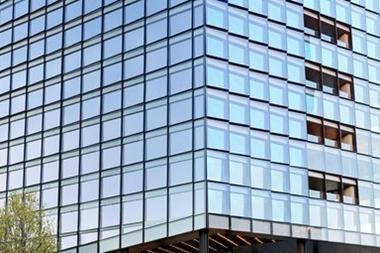The Covid-19 pandemic abruptly halted the real estate sector. The immediate effect on the office sector was extreme, with most companies switching to remote working, and as we navigate our way through the new normal the purpose of the office has become a hot topic of discussion.

The office has traditionally been the heart of a business and while the majority of the UK workforce has proven that remote working can be effective in the short term, a physical space is still required to fuel productivity, creativity and collaboration, foster company cultures and develop junior staff.
From an investment perspective, against all the odds, prime central London offices remain an attractive asset. They have experienced relatively little volatility in pricing and headline rents through the past three months. A gap in the market has already emerged between prime offices and the rest.
Before Covid-19 arrived, central London already faced a significant supply crunch over the next few years. This will have been exacerbated by weaker market confidence, a temporary shortage of materials, the difficulty of running sites while adhering to social distancing guidelines and rising debt financing costs.
Despite numerous whispers that Covid-19 might be the death of office space, it is, in fact, the opposite. While occupiers have realised that staff can work from home, they have also woken up to the ever-increasing occupational density they have undergone.

The role of the office in collaboration, innovation, culture, talent attraction and learning has been reinforced. De-densification will balance out an increase in flexible working as businesses evolve how they bring staff together. Occupiers are also beginning to realise that if staff work from home full-time, with no personal relationships, they are entering a global job market. What is the incentive to keep UK-based staff if you never meet them?
The need for high-quality office space will be vital in a post-Covid world. Staff have to want to come to work and invest in their commute in a flexible working world. A focus on a ‘healthy building’ is now added to wellness and sustainability.
We have focused on smart technologies such as touch-free access, UV sterilisation and adaptable air filtration and ventilation, which will be highly sought after. Newly designed offices can incorporate this technology as well as provide green terraces, gyms, cafés, bars and other amenities that make an office attractive.
From an investment perspective, against all odds, central London offices remain attractive
The London office market is seeing an increase in refurbishment opportunities due to the longevity of the natural cycle of real estate. By transforming outdated buildings into Covid-safe offices and adding value, the capital’s office market has the opportunity to create strategic assets that offer successful, long-term investment opportunities.
Attractive yields
Furthermore, real estate, along with other alternative asset classes, continues to provide a relatively attractive yield in a low-interest-rate world. The office sector has had the strongest rent collection levels among commercial sectors in the aftermath of the pandemic. This is coupled with persistent, strong investor demand for assets in London.
This search for yield and appetite for London, combined with a growing gap between prime and secondary stock and the constrained supply pipeline, means central London offices that can be repositioned for the new post-Covid world provide an exciting opportunity. It is our job to deliver offices that staff want to work in and commute to, that are innovative, bold and forward-thinking.
To ensure a greater return, the key is to create the right asset that meets the needs of forward-thinking occupiers with a slightly reordered list of priorities. Ultimately, we are a social species and want the social interaction we are accustomed to from the office. Throughout history, we have gravitated towards communities and even the deadliest of viruses will not change that.
Julian Neave is a partner at Quadrant





























No comments yet